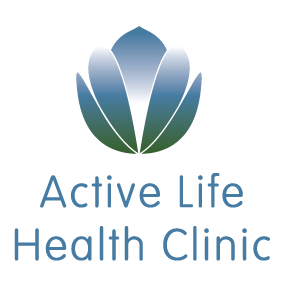http://www.webmd.com/breast-cancer/news/20091231/acupuncture-may-help-ease-hot-flashes?src=RSS_PUBLIC
Acupuncture May Help Ease Hot Flashes
Dec. 31, 2009 — Acupuncture not only cools hot flashes that occur as a result ofbreast cancer treatment but may offer a host of other benefits to boost women’s well-being.
A new study shows acupuncture was as good as drug therapy with Effexor (venlafaxine) at easing hot flashes in breast cancer patients, but it also improved sex drive, energy levels, and clarity of thought.
“Acupuncture offers patients a safe, effective and durable treatment option for hot flashes, something that affects the majority of breast cancer survivors. Compared to drug therapy, acupuncture actually has benefits, as opposed to more side effects,” researcher Eleanor Walker, MD, division director of breast services in the department of radiation oncology at Henry Ford Hospital in Detroit, says in a news release.
According to the National Cancer Institute, one in eight women will develop breast cancer in her lifetime. Typical treatment for breast cancer involves chemotherapy and five years of hormone therapy that often causes unpleasant side effects, such as hot flashes, night sweats, and decreased sex drive and energy levels.
Researchers say these side effects of breast cancer treatment significantly decrease a woman’s quality of life and may cause some women to discontinue treatment.
Acupuncture has already been shown to reduce hot flashes in menopausal women, but researchers say this is the first study to compare acupuncture to drug treatment in easing hot flashes in breast cancer patients. The results appear in theJournal of Clinical Oncology.
Fifty breast cancer patients were randomly assigned to receive either acupuncture or drug treatment for 12 weeks. The acupuncture group received acupuncture treatments twice per week for the first four weeks and then once a week for the remaining eight weeks; the drug group received 37.5 milligrams of Effexor each night for the first week and then 75 milligrams per night for the remaining 11 weeks.
All participants stopped their treatment after 12 weeks and kept a diary to record the number and severity of hot flashes; they were surveyed about their overall physical and mental health for one year.
Both groups experienced a 50% decline in hot flashes and symptoms of depression, but the acupuncture treatment appeared to have more lasting effects with fewer side effects.
For example, two weeks after the treatments stopped, the drug therapy group experienced an increase in hot flashes; the acupuncture group did not experience any increase in the frequency of their hot flashes until three months after treatment.
In addition, the Effexor group reported 18 instances of negative side effects, including nausea, dry mouth, dizziness, and anxiety, compared with no adverse side effects reported among the acupuncture group.
Most breast cancer patients treated with acupuncture also reported an improvement in their energy, clarity of thought, and sense of well-being. About 25% of women in the acupuncture group also reported an increase in their sex drive.
